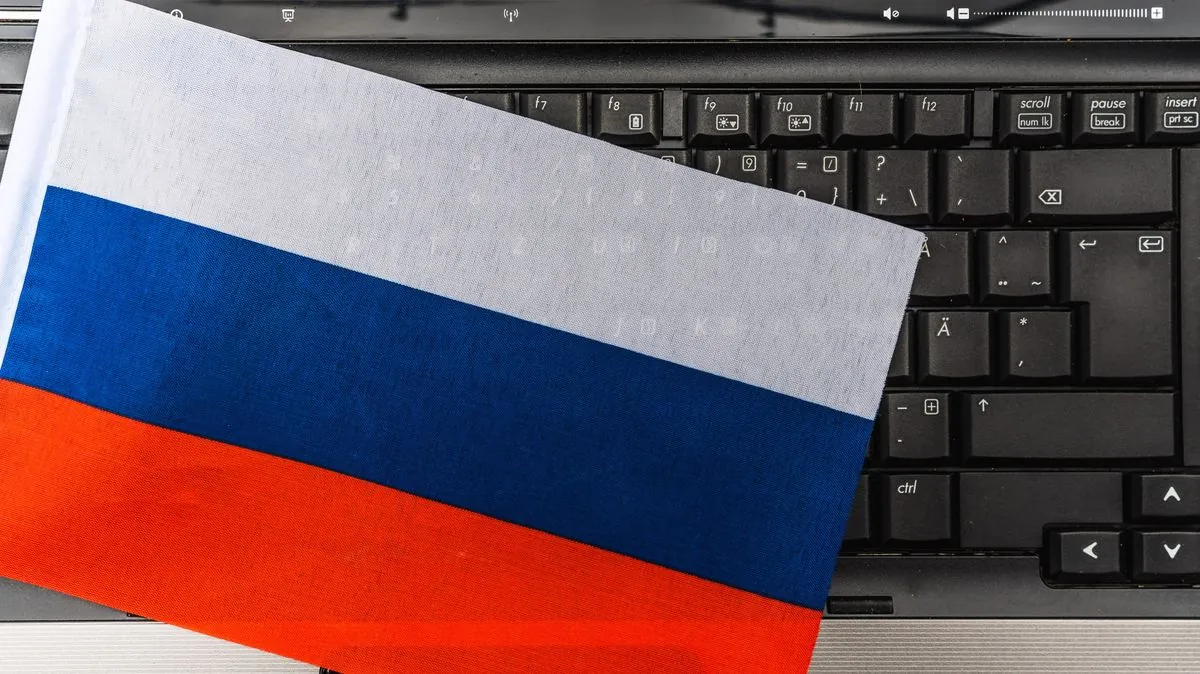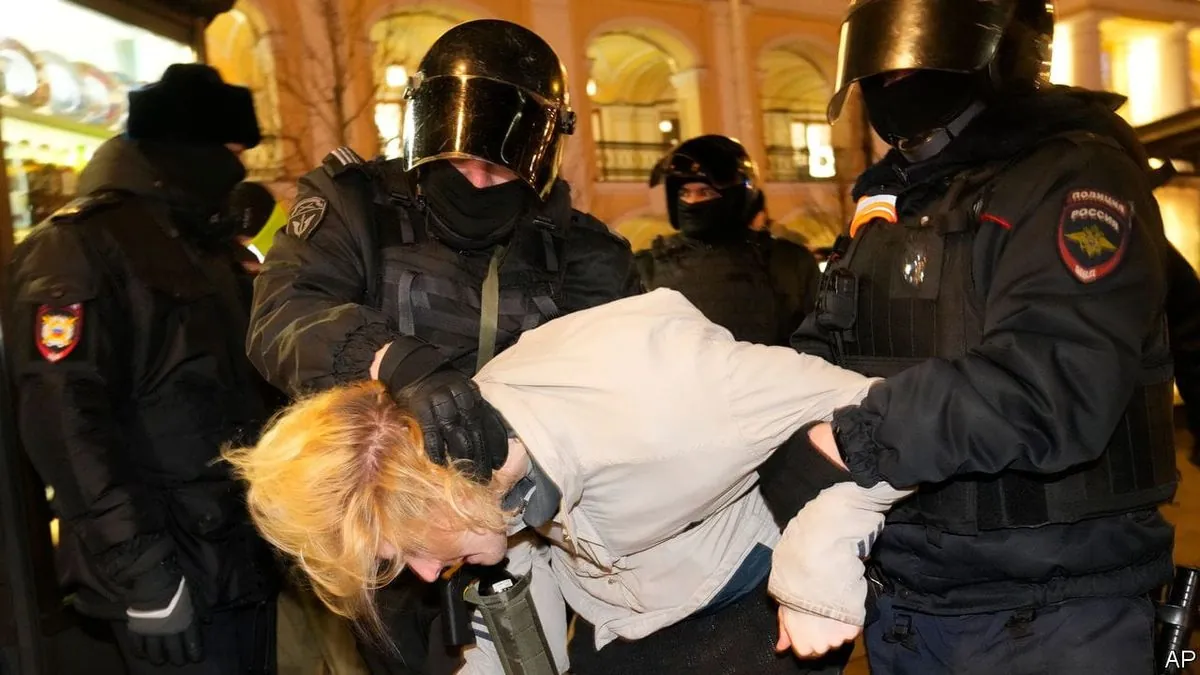U.S. Accuses Russia of Election Meddling, Kremlin Denies Claims
U.S. indicts RT employees for alleged election interference. Kremlin spokesman calls accusations "nonsense." Sanctions imposed on Russian entities. Ongoing information warfare between Russia and the West highlighted.

The United States has once again accused Russia of attempting to influence its electoral process, a claim vehemently denied by Moscow. This latest development comes as the U.S. Justice Department indicted two employees of RT, a state-owned Russian media outlet, for allegedly conducting a covert operation to sway public opinion and exacerbate social divisions through propaganda.
In response to these allegations, Dmitry Peskov, the Kremlin spokesman, dismissed the indictments as "nonsense." He stated, "Our media are doing their job. They're just reporting the truth, but unfortunately Americans do not like uncomfortable truth for them, and should it appear, they immediately implement repressions against it. This is the reality."
The U.S. Treasury Department has imposed sanctions on 10 Russian individuals and two entities, citing their involvement in efforts to influence the upcoming November 2024 election. U.S. Attorney General Merrick Garland emphasized the growing threat of foreign disinformation, describing it as more significant than ever before.

Interestingly, amidst these accusations, Vladimir Putin made a surprising statement at the Eastern Economic Forum in Vladivostok. The Russian President claimed to support Vice President Kamala Harris in the election race, despite evidence suggesting Russian efforts are linked to conservative media in Tennessee.
The Justice Department's 32-page federal indictment accuses Kostiantyn Kalashnikov and Elena Afanasyeva, both RT employees, of orchestrating a money-laundering operation that invested nearly $10 million in covert efforts to influence American public opinion, particularly by blaming Ukraine for the ongoing conflict with Russia.
In a separate action, U.S. prosecutors seized 32 Russian-controlled internet domains associated with the "Doppelganger" campaign, aimed at undermining international support for Ukraine. This operation, allegedly directed by Kremlin first deputy chief of staff Sergei Kiriyenko, sought to promote American isolationism, stir fears over border security, and amplify economic and racial tensions to weaken support for Ukraine.
The Treasury and State departments also announced sanctions on Russian individuals and entities accused of "malign influence efforts targeting the 2024 U.S. presidential election." Among those sanctioned was Margarita Simonyan, RT's editor-in-chief and one of the Kremlin's prominent propagandists.
"We create many sources of information that are not tied to us. While the CIA tries to figure out that they're tied to us, they already have an enormous audience. Sometimes they find them and close them down. It happens with us that you wake up in the morning and 600 channels are gone, immediately. But while they're closing them, we've already made new ones. This is how we chase each other. It's even fun."
Simonyan's statements about RT's ongoing efforts to spread pro-Kremlin narratives in the United States appear to contradict the Kremlin's denials of interference. In various interviews, she has openly discussed Russia's engagement in an "information war" with the West.
These recent developments highlight the ongoing information warfare between Russia and the West, which has intensified since Russia's invasion of Ukraine in 2022. While Russian officials consistently deny interfering in foreign politics, their actions and statements often suggest otherwise.
The situation underscores the complex nature of modern geopolitics, where information and disinformation play crucial roles in shaping public opinion and international relations. As the 2024 U.S. presidential election approaches, the global community remains vigilant against potential foreign interference attempts.


































